Understanding the UAE VAT Rate Structure: A Comprehensive Guide
Value Added Tax (VAT) is a significant component of the UAE’s tax system. Understanding the different VAT rates in UAE applicable in the country is crucial for businesses to ensure compliance, optimise their tax position, and avoid penalties.
The UAE has a standard VAT rate of 5%. However, there are certain goods and services that are subject to different UAE VAT rates or are exempt from VAT. These include:
- Exempt Supplies: Certain essential goods and services, such as basic food items, healthcare, and education, are exempt from VAT.
- Zero-Rated Supplies: Some goods and services, such as exports and certain specified supplies, are subject to a zero VAT rate.
Businesses can accurately calculate VAT, file returns, and avoid penalties by understanding the various UAE VAT rates and their implications.
PROFITZ ADVISORY is a trusted VAT consultant in the UAE, offering expert guidance and support to businesses of all sizes. Our team of professionals can help you navigate the complexities of VAT regulations and ensure compliance with the latest updates.
The Standard VAT Rate in the UAE
The standard VAT rate in the UAE is 5%. This means that businesses registered for VAT must charge their customers 5% of the taxable value of goods or services.
How VAT is Calculated and Collected:
- Input Tax: Businesses can claim input tax credits for VAT paid on eligible purchases, including VAT paid on goods and services used for business purposes.
- Output Tax: Businesses must collect VAT from their customers on the sale of goods or services.
- Net VAT: The net VAT is the difference between output tax and input tax. If the output tax is greater than the input tax, the business must remit the excess VAT to the government. Companies can claim a VAT refund if the input tax is greater than the output tax.
Example:
- A business sells a product for AED 100.
- The VAT rate is 5%.
- The VAT to be collected from the customer is AED 5 (100 * 5%).
By understanding the standard VAT rate and the calculation process, businesses can ensure accurate VAT compliance and avoid penalties.
Learn everything about VAT impact analysis and assessment services in UAE.
Exempt Supplies in the UAE
Certain goods and services in the UAE are exempt from VAT. This means that businesses do not need to charge VAT on these items. Common examples of exempt supplies include:
- Basic Food Items: Essential food items such as bread, milk, and eggs.
- Healthcare Services: Medical treatments, pharmaceuticals, and hospital services.
- Education: Educational services provided by schools, universities, and training institutions.
- Residential Property Rent: Rental income from residential properties.
- Financial Services: Certain financial services, such as banking, insurance, and investment services.
Conditions for VAT Exemption:
Goods or services must meet specific criteria to qualify for VAT exemption. These criteria may vary depending on the nature of the goods or services. It’s important to consult the UAE’s VAT regulations for detailed information on exemption conditions.
Learn how to use a VAT calculator in UAE and understand its benefits here.
Zero-Rated Supplies in the UAE
Zero-rated supplies are goods or services subject to VAT, but the VAT charged is not payable to the government. This means businesses can claim input tax credits for VAT paid on purchases related to zero-rated supplies.
Examples of zero-rated supplies in the UAE include:
- Exports: Goods and services exported outside the UAE.
- International Transportation: Transportation services are provided by the UAE and other countries.
- Certain Specified Supplies: Some goods and services may be specified as zero-rated by the UAE government.
Understanding the difference between exempt supplies and zero-rated supplies is crucial for accurate VAT calculations and compliance.
Also, learn everything about the VAT deadlines in UAE.
Input Tax Credit
The input tax credit is a mechanism that allows businesses to claim a refund or offset for VAT paid on eligible purchases. This means that businesses can deduct the VAT they paid on goods and services used for business purposes from the VAT they collect from their customers.
How to Claim Input Tax Credit:
To claim input tax credit, businesses must:
- Keep accurate records: Maintain detailed records of all purchases and the corresponding VAT paid.
- Submit supporting documents: Provide invoices or other supporting documents to verify the VAT paid.
- File VAT returns: Include the input tax credit claimed in your VAT returns.
Special VAT Rates in UAE
In addition to the standard VAT rate of 5%, certain sectors or industries in the UAE may be subject to different UAE VAT rates. These special rates can vary depending on government policies and initiatives.
Some examples of industries that may have special UAE VAT rates include:
- Tourism: Certain tourism-related services may be subject to reduced VAT rates or exemptions.
- Healthcare: Healthcare services may be exempt from VAT or subject to reduced rates.
- Education: Educational services may also be exempt from VAT.
It’s important to note that these special rates may change over time. Businesses operating in these sectors should stay updated on the latest VAT regulations and consult with a tax professional for guidance.
VAT Compliance Tips
Ensuring VAT compliance is crucial for businesses operating in the UAE. Here are some practical tips to help you stay compliant:
- Accurate Record-Keeping: Maintain detailed records of all transactions, including invoices, receipts, and bank statements. This will be essential for VAT audits and returns.
- Regular Reviews: Conduct regular reviews of your VAT processes to identify any potential areas for improvement.
- Stay Updated: Keep up-to-date with the latest VAT regulations and changes.
- Seek Professional Advice: Consult with a VAT expert to ensure you are complying with all relevant laws and regulations.
Consequences of Non-Compliance:
Failure to comply with VAT regulations can lead to severe consequences, including:
- Penalties and Fines: The FTA may impose financial penalties for non-compliance.
- Interest Charges: Interest may accrue on unpaid VAT, increasing your overall tax liability.
- Legal Action: In severe cases, the FTA may take legal action against non-compliant businesses.
PROFITZ ADVISORY: Your Trusted VAT Consultant in UAE
At PROFITZ ADVISORY, we are committed to helping businesses in the UAE deal with the complexities of VAT compliance. Our team of experts can provide tailored solutions to meet your specific needs, including:
- VAT Registration and De-registration: Assisting with the registration and de-registration process for VAT.
- VAT Return Preparation: Accurate and timely preparation of VAT returns.
- VAT Audits and Reviews: Conducting VAT audits to identify potential areas for improvement and mitigate risks.
- VAT Consultancy: Providing expert advice on VAT planning, optimisation, and dispute resolution.
Contact us today for a free consultation, and let us help you ensure VAT compliance and optimise your business’s financial performance.
Conclusion: Mastering UAE VAT Rates
Understanding UAE VAT rates is essential for businesses operating in the UAE. By familiarising yourself with the standard VAT rate, exempt supplies, and zero-rated supplies, you can ensure accurate VAT calculations and compliance.
Remember, VAT regulations can be complex, and it’s important to stay updated on any changes. Seeking professional advice from a VAT expert like PROFITZ ADVISORY can help you navigate the complexities of VAT and optimise your business’s financial performance.
Contact us today for a free consultation, and let our team of experts guide you through the VAT compliance and policies in the UAE.








